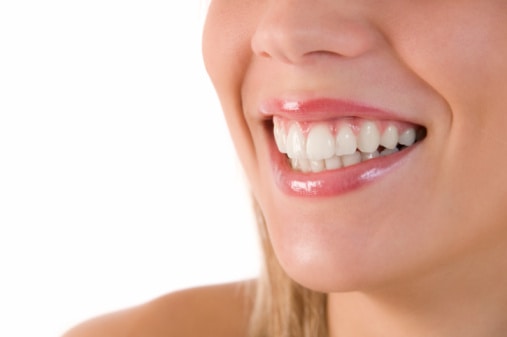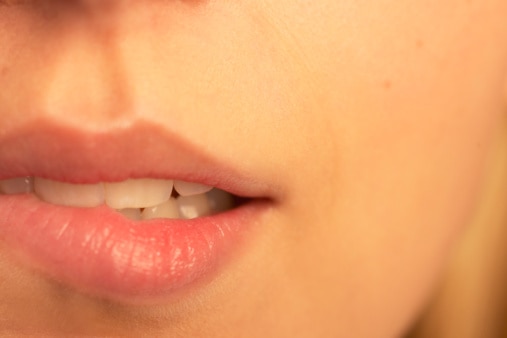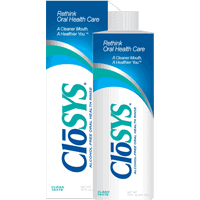Fillings are used to restore teeth that have been damaged by tooth decay.
In the past, fillings were made primarily out of amalgam. This alloy, contains mercury, silver, tin, copper, and traces of other metals. Amalgam fillings have been used for 150 years. However, disadvantages of amalgam have prompted the use of composite resin, a tooth-colored, plastic alternative.
Disadvantages to Amalgam Fillings
- They don’t blend with your surrounding teeth because they are dark metallic
- They can corrode and leak over time
- They expand and contract due to variations in temperature, and this causes potential fracturing of your tooth
- They expose your body to the heavy metal mercury, which can lead to health issues depending on the amount of exposure and your level of sensitivity
Appreciating the disadvantages to metal fillings, Dr. Wager and Dr. Evans prefer using the metal-free alternative, composite resin fillings.
Composite resin fillings are made from glass or quartz filler that is added to a resin medium, making the end product natural-looking. A composite resin filling is custom tinted to match the color of the tooth in which it will reside, and it’s permanently bonded in place.
Advantages to Composite Resin Fillings
- They look completely natural
- They are metal-free and mercury-free
- They are durable and can last for years
If you are interested in learning more about composite resin or amalgam fillings, or you want to schedule your dental appointment, call Dr. Wager and Dr. Evans in Reno, Nevada today by calling 775-829-7700, or visit our website at www.wagerevans.com.












